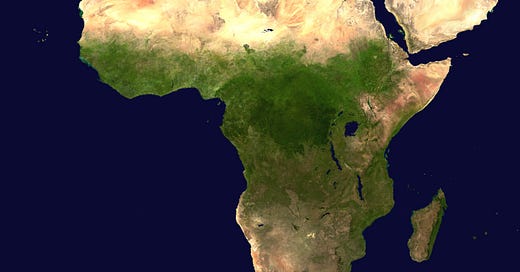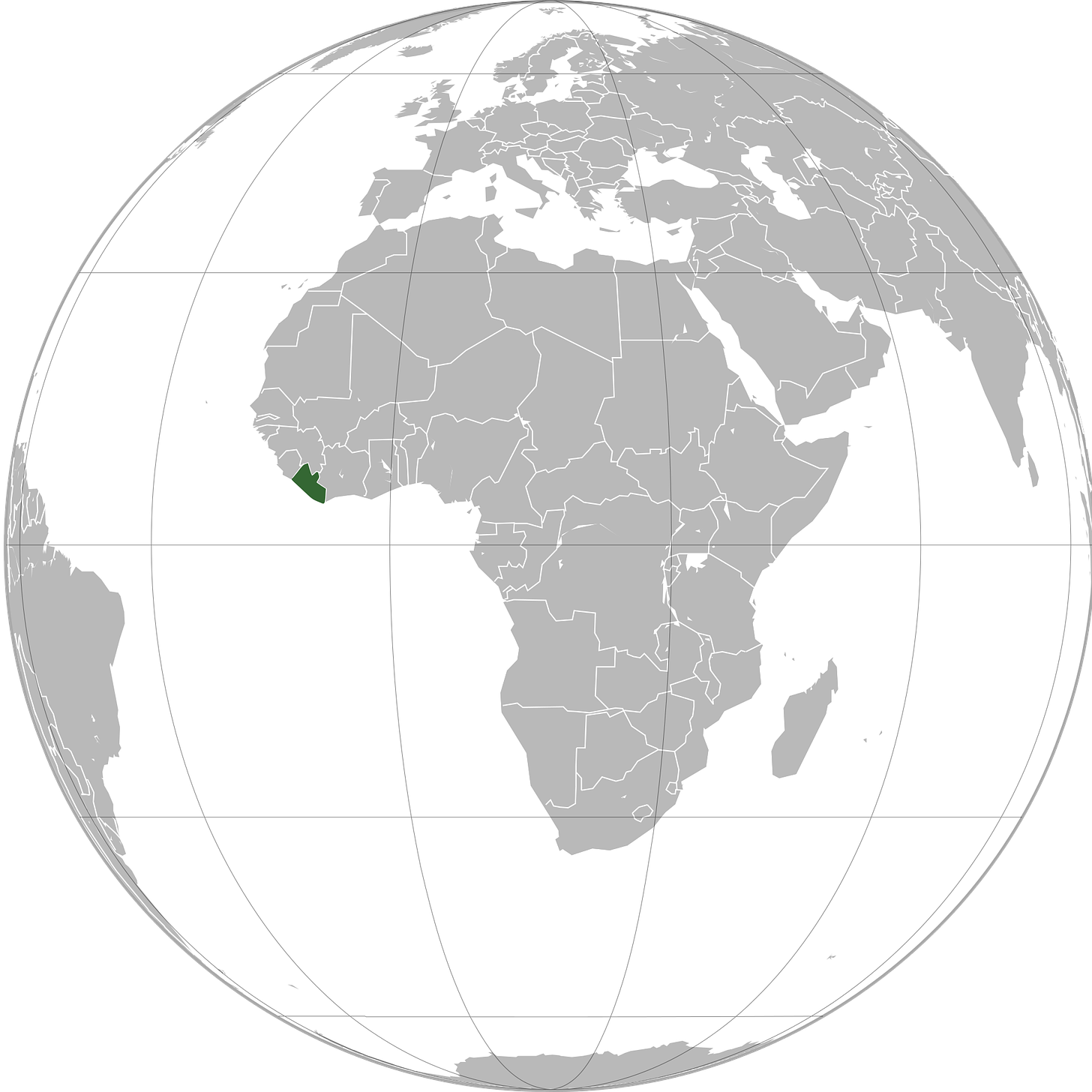🔅 A Slow and Steady Race Against Poverty
Africa's Slow Growth, A Liberian War Crimes Court, and the High Cost of Hospital Infections
Photo of the Day

Spotlight Stories
Sub-Saharan Africa's Economy: A Slow and Steady Race Against Poverty
According to the World Bank's latest Africa Pulse report, the region's economy is set to grow by 3.4% this year and 3.8% in 2024, thanks to falling inflation and a boost in private consumption.
While this is an improvement from the sluggish 2.4% growth in 2023, it's still not enough to significantly reduce poverty.
The region has been through the wringer, affected by the downturn caused by COVID-19, Russia's war in Ukraine, rising global interest rates, and drought and conflict that have affected several parts of the region.
But not all countries are in the same boat:
South Africa's growth rate is expected to double in 2024, though to a measly 1.2%. Angola, on the other hand, is set to pick up to 2.8% from 0.8% last year, thanks to its non-oil sector picking up the slack from falling oil production. Meanwhile, the East African Community region is the overachiever of the group, with a projected growth of 5.3% this year, driven by strong performances in Kenya, Rwanda, Uganda, and the Democratic Republic of Congo.
Nigeria, West Africa's biggest economy, is forecast to grow by 3.3% this year, which is like getting a C+ on their report card, considering past performance – not terrible, but not great either.
The report also highlighted the debt troubles plaguing the region, with Zambia, Ghana, and Ethiopia all defaulting on their external debt in recent years. While the public debt-to-GDP ratio is expected to fall from 61% in 2023 to 57% this year, more than half of the countries are still in or at high risk of debt distress.
So, what's the takeaway?
Sub-Saharan Africa's economy is growing, but to make a real impact on poverty reduction, the region needs to kick things into high gear. What's more, most economies are one shock away from being the next domino to fall in the global game of debt defaults.
Liberia's Senate Says "It's About Time" to War Crimes Court
Liberia's senate has finally given the green light to establish a war crimes court to bring some much-needed justice to the victims of the country's two civil wars.
Newly elected President Joseph Boakai put forward the resolution.
The lower house gave it a thumbs up last month, and now the Senate has followed suit, with 27 out of 29 senators backing the idea. All that's left is for Boakai himself to give his final stamp of approval.
Activists and civil society groups are over the moon about the decision, and rightfully so. The two civil wars, which raged from 1989 to 2003, led to unspeakable atrocities, including massacres, rape, and the use of child soldiers. Around 250,000 people lost their lives.
A Truth and Reconciliation Committee had previously suggested setting up a special court to try the alleged perpetrators, but nothing happened—until now, that is.
Of course, not everyone in Liberia is thrilled about the idea. Some worry that the court could reopen old wounds and undermine an existing amnesty law that helped end the fighting.
Zambian Authorities Uncover Massive Internet Fraud Syndicate, Arrest 77

Zambian authorities have busted a "sophisticated internet fraud syndicate" operating out of a Chinese-run company in Lusaka. The multi-agency raid resulted in the arrest of 77 people, including 22 Chinese nationals and one Cameroonian.
The company, Golden Top Support Services, allegedly recruited unsuspecting young Zambians as call centre agents but instead engaged them in deceptive conversations with mobile users across various platforms.
During the raid, authorities seized 11 SIM boxes, devices that can route calls in a way that bypasses legitimate phone networks, making them perfect for fraudulent activities and online scams. They also confiscated over 13,000 SIM cards, two firearms, and ammunition.
The scam's reach extended beyond Zambia's borders, with evidence suggesting that people in countries like Singapore, Peru, the UAE, and others across Africa had been targeted.
Hospital Infections in Sub-Saharan Africa: A $8.4 Billion Problem That Soap Could Solve

New research by WaterAid and the World Bank reveals that treating infections acquired in hospitals and clinics across sub-Saharan Africa costs a staggering $8.4 billion annually.
The study found that the highest rates of contamination were in intensive care units, neonatal wards, and pediatric departments. In other words, the most vulnerable patients are at the greatest risk.
What's more, at least half of these cases, which lead to hundreds of thousands of preventable deaths, could be avoided by simply improving handwashing facilities and providing clean water and decent toilets.
Food for Thought
“The child you sired hasn’t sired you."
— Somali Proverb





